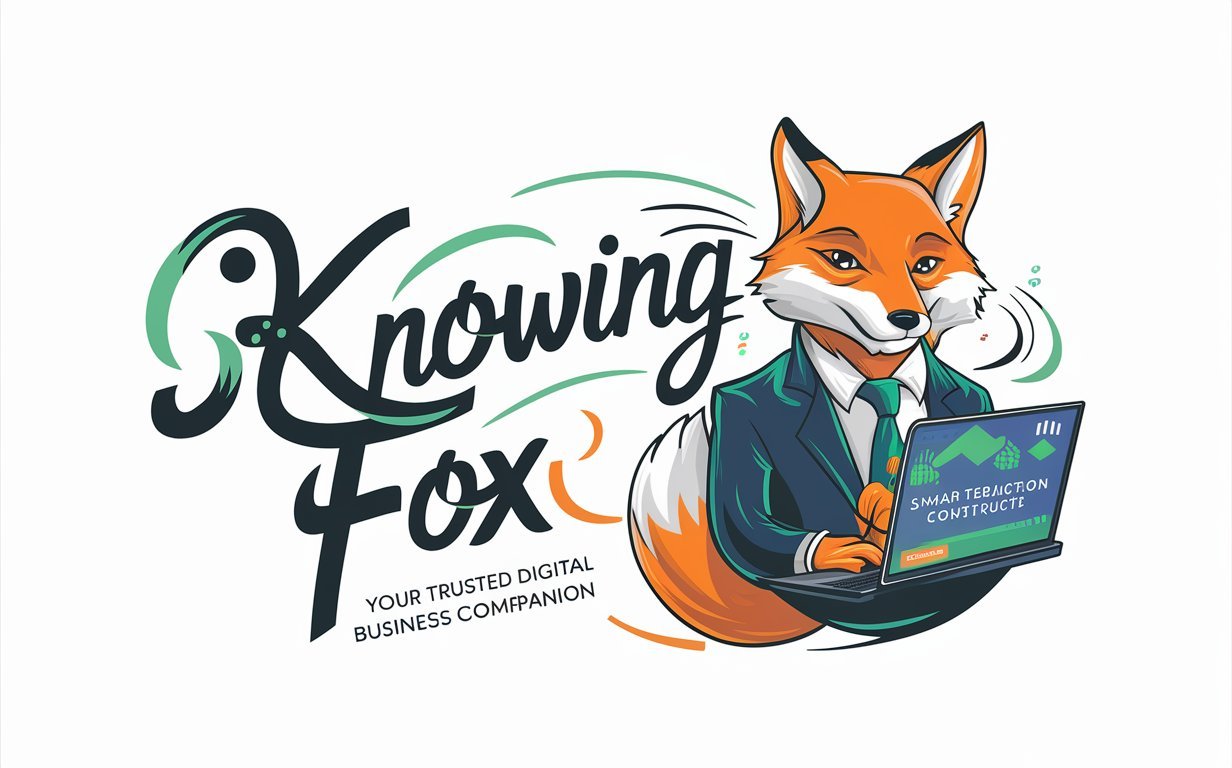Off-page SEO focuses on activities outside your website to improve its ranking. This primarily involves building high-quality backlinks from authoritative sites, social media engagement, and influencer marketing.
Backlink Building
Backlinks from reputable websites signal to search engines that your content is valuable and trustworthy. Effective strategies include guest blogging, broken link building, and creating shareable content.
Social Media Engagement
Active participation on social media platforms can enhance your off-page SEO efforts. Sharing content, engaging with followers, and building a community around your brand can lead to increased visibility and traffic.
Influencer Marketing
Collaborating with influencers can help amplify your content and reach a broader audience. Influencers can provide valuable backlinks and social proof, which can boost your site’s authority and rankings.
Technical SEO
Technical SEO involves optimizing the technical aspects of your website to ensure that search engines can crawl and index it efficiently. This includes site speed, mobile optimization, and secure connections (HTTPS).
Site Speed
Page load speed is a critical factor for both user experience and SEO. Slow-loading pages can lead to higher bounce rates and lower rankings. Tools like Google PageSpeed Insights can help identify and fix issues.
Mobile Optimization
With the increasing use of mobile devices, ensuring your website is mobile-friendly is crucial. Responsive design and fast mobile load times can improve user experience and search rankings.
HTTPS and Security
Using HTTPS instead of HTTP provides a secure connection, which is a ranking factor for search engines. It also builds trust with users, leading to improved engagement and conversions.
Local SEO
Local SEO focuses on optimizing your online presence to attract more business from relevant local searches. This involves optimizing your Google My Business profile, managing online reviews, and ensuring consistent NAP (Name, Address, Phone number) information across directories.
Google My Business
Claiming and optimizing your Google My Business profile can enhance your visibility in local searches. Ensure your information is accurate, include relevant keywords, and encourage satisfied customers to leave reviews.
Online Reviews
Positive online reviews can boost your local SEO efforts. Encourage happy customers to leave reviews on Google, Yelp, and other review sites. Responding to reviews, both positive and negative, shows that you value customer feedback.
NAP Consistency
Consistent NAP information across all online platforms and directories helps search engines verify your business’s legitimacy and improves your local search rankings.
SEO Tools and Resources
Various tools and resources can aid in your SEO efforts. These include keyword research tools like Google Keyword Planner, analytics tools like Google Analytics, and SEO audit tools like SEMrush and Ahrefs.
Keyword Research Tools
Keyword research is a foundational aspect of SEO. Tools like Google Keyword Planner, Ahrefs, and SEMrush can help identify high-volume, low-competition keywords relevant to your business.
Analytics Tools
Analytics tools provide insights into your website’s performance. Google Analytics, for instance, tracks user behavior, traffic sources, and conversion rates, helping you refine your SEO strategy.
SEO Audit Tools
SEO audit tools like SEMrush and Ahrefs can identify technical issues, backlink profiles, and content gaps. Regular audits ensure your website remains optimized for search engines.
Common SEO Mistakes
Avoiding common SEO mistakes is crucial for maintaining and improving your search rankings. These include keyword stuffing, neglecting mobile optimization, and ignoring technical issues.
Keyword Stuffing
Overusing keywords in an attempt to manipulate rankings can lead to penalties from search engines. Focus on creating natural, high-quality content that provides value to users.
Neglecting Mobile Optimization
With the majority of searches now happening on mobile devices, neglecting mobile optimization can significantly impact your rankings. Ensure your site is responsive and mobile-friendly.
Ignoring Technical Issues
Technical issues such as broken links, duplicate content, and slow page speeds can hinder your SEO efforts. Regularly audit your site and address any issues promptly.
SEO Best Practices
Adhering to SEO best practices ensures sustainable results. These include creating high-quality content, focusing on user experience, and staying updated with algorithm changes.
Creating High-Quality Content
Consistently producing high-quality, relevant content is key to SEO success. This not only attracts users but also earns valuable backlinks and improves rankings.
Focusing on User Experience
A positive user experience can lead to higher engagement, lower bounce rates, and better rankings. Ensure your website is fast, easy to navigate, and mobile-friendly.
Staying Updated with Algorithm Changes
Search engine algorithms are constantly evolving. Staying informed about these changes and adapting your SEO strategy accordingly is crucial for maintaining high rankings.
The Future of SEO
The future of SEO is likely to be shaped by advancements in artificial intelligence, voice search, and user experience. Staying ahead of these trends can help maintain and improve your search visibility.
Artificial Intelligence
AI is increasingly influencing SEO, from understanding user intent to personalizing search results. Leveraging AI tools and techniques can enhance your SEO strategy.
Voice Search
With the rise of smart speakers and voice assistants, optimizing for voice search is becoming important. Focus on natural language and long-tail keywords to capture voice search traffic.





